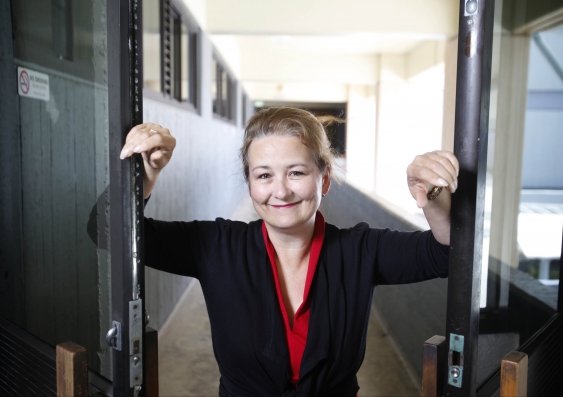Why do some people plan for retirement and others don’t?
A person’s “psychological clock”, or innate tendency to focus more on the past, present or future, strongly influences how well they plan for retirement, a UNSW-led study shows.
A person’s “psychological clock”, or innate tendency to focus more on the past, present or future, strongly influences how well they plan for retirement, a UNSW-led study shows.

A person’s “psychological clock”, or innate tendency to focus more on the past, present or future, strongly influences how well they plan for retirement, a UNSW-led study shows.
With governments pushing for ageing populations to stay in the workplace longer and be financially self-sufficient in old age, a greater understanding of this trait, known as time perspective, could improve efforts to convince more people to plan for retirement.
Study lead author, Dr Joanne Earl of the UNSW School of Psychology, says there are five main preferences in terms of time perspective:
Past Positive – where people focus on the past with rose-coloured glasses
Past Negative – where people focus on things that went wrong in the past
Present Hedonistic – where people focus on instant gratification and enjoying the here and now
Present Fatalistic – where people leave everything to chance because they feel they have no control over the future
Future Oriented – where people are always thinking and planning ahead
Dr Earl and her colleagues surveyed 367 retired Australians, who were 45 years and older, three times during an 18-month long period. Their study is published in the journal Work, Aging and Retirement.
They found that people’s time perspective was relatively stable over time, so shifting someone with a past focus to a future focus might be more difficult than first thought. As well, this trait was a good predictor of retirement planning behaviours, such as saving or investing in superannuation.

Study lead author Dr Joanne Earl. Photo: Grant Turner/Mediakoo
“Counterintuitively, it is not just the future-oriented people who plan. People with a past-negative perspective also plan, so as to avoid past mistakes. And people who are present-hedonistic plan, so they can maintain their lifestyles,” says Dr Earl.
“The people who plan the least are those with a past-positive perspective, because they believe that everything will turn out for the best, even when it does not; and those with a present-fatalistic perspective, who believe that nothing they can do will change a pre-determined future.”
There are about 1 million people in Australia aged over 45 who are working in Australia and who do not yet know when, or if, they will retire.
“A greater understanding of the influence of time perspective could lead to evidence-based interventions to encourage people to plan for retirement. Trying to get people who focus only on the past to focus solely on the future, for example, might be wasted effort,” says Dr Earl.
“But getting people who have a present-hedonistic outlook to focus on how much money they will need to keep on travelling in the future, for example, could be more effective than general advice about the need to save.”
Dr Earl’s team is looking at ways to use online training, based on time perspective, to promote retirement planning.